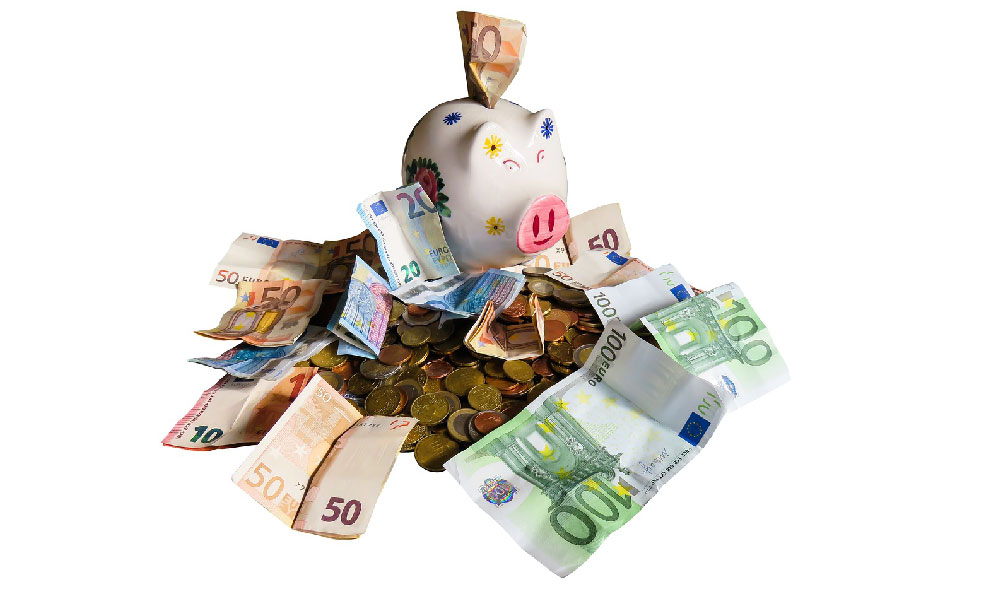Podcast Monetization: What Are the Strategies, and How Can You Profit?
Podcast monetization is a fascinating landscape, ripe with opportunity but also demanding strategic thinking and consistent effort. It's not simply about recording your thoughts and waiting for the money to roll in. It's about building an audience, creating valuable content, and then strategically implementing monetization methods that align with your podcast's niche and your audience's preferences. Understanding the various strategies available and tailoring them to your specific situation is key to turning your passion into a profitable venture.
One of the most common and readily accessible methods for podcast monetization is advertising. This involves selling ad space within your podcast episodes to companies or organizations that want to reach your audience. The revenue generated from advertising typically depends on the number of downloads you receive per episode, often measured in CPM (cost per mille, or cost per thousand impressions). The higher your download numbers, the more attractive you become to advertisers, and the higher rates you can command. Finding advertisers can be done independently, approaching businesses directly that align with your podcast's theme, or through podcast advertising networks that connect podcasters with advertisers. Networks can streamline the process and provide access to a wider pool of potential advertisers, but they also typically take a percentage of the ad revenue. Successfully leveraging advertising requires careful consideration of ad placement within your episodes to avoid disrupting the listener experience and potentially alienating your audience. Pre-roll ads (at the beginning of the episode), mid-roll ads (during the episode), and post-roll ads (at the end) each have different impacts and optimal placements.
Another lucrative, but often more challenging, avenue for monetization is sponsorships. Sponsorships involve establishing a more comprehensive and ongoing relationship with a company or organization, often going beyond simple ad placements. A sponsor might provide financial support for your podcast in exchange for regular mentions, product integrations within your content, or even naming rights for your show or segments. Securing sponsorships requires a strong understanding of your audience demographics and psychographics, as well as the ability to clearly demonstrate the value you can provide to potential sponsors. You need to show them how reaching your listeners will benefit their business. This often involves creating a compelling pitch deck that highlights your podcast's audience reach, engagement rates, and overall brand appeal.

Affiliate marketing offers another potentially significant revenue stream. This involves promoting products or services to your audience and earning a commission on any sales generated through your unique affiliate link. To succeed with affiliate marketing, it's crucial to choose products or services that are genuinely relevant and valuable to your listeners. Authenticity is paramount; promoting subpar products or services simply for the sake of earning a commission can quickly erode trust with your audience. Clearly disclosing your affiliate relationship is also essential for maintaining transparency and ethical practices. Good affiliate partnerships feel natural and helpful to the listener, solving problems or fulfilling needs organically within the context of your podcast content.
Beyond these more traditional methods, consider selling merchandise related to your podcast. This could include t-shirts, mugs, stickers, or other items featuring your podcast's logo, artwork, or catchphrases. Merchandise not only generates revenue but also serves as a powerful branding tool, helping to raise awareness of your podcast and build a stronger community around it. Designing high-quality, appealing merchandise is crucial to encouraging sales. You can either handle the production and fulfillment yourself or partner with a print-on-demand service to streamline the process. Promoting your merchandise within your podcast episodes and on your social media channels is essential for driving traffic to your online store.
Offering premium content or services is a great way to monetize your most loyal listeners. This could take the form of bonus episodes, ad-free versions of your podcast, early access to new content, exclusive Q&A sessions, or even online courses or workshops related to your podcast's topic. Platforms like Patreon or Memberful are designed to facilitate this type of subscription-based monetization, allowing you to create different membership tiers with varying levels of access and benefits. Successfully offering premium content requires creating truly valuable and engaging offerings that justify the additional cost for your listeners. Understand what your audience wants more of, and deliver it in a way that feels exclusive and rewarding.
Donations are a simpler, yet effective, way to allow your audience to support your podcast. Platforms like Buy Me a Coffee or Ko-fi make it easy for listeners to contribute small amounts of money to show their appreciation for your work. While donations may not generate significant revenue on their own, they can provide a steady stream of income, especially if you cultivate a strong sense of community around your podcast. Regularly thanking your donors and acknowledging their contributions can help foster a sense of connection and encourage ongoing support.
Finally, consider leveraging your podcast to promote other aspects of your business or expertise. If you're a consultant, coach, author, or speaker, your podcast can serve as a powerful marketing tool to attract new clients or customers. By sharing valuable insights and demonstrating your expertise on your podcast, you can build credibility and position yourself as a thought leader in your field. Including a clear call to action within your episodes, directing listeners to your website or other resources, can help convert listeners into paying clients or customers. This indirect monetization method can be particularly effective if your podcast aligns closely with your professional services.
Successfully monetizing a podcast is a marathon, not a sprint. It requires patience, persistence, and a willingness to experiment with different strategies to find what works best for you and your audience. Continuously analyzing your metrics, such as download numbers, listener demographics, and engagement rates, is crucial for optimizing your monetization efforts. Building a strong, engaged audience is the foundation for any successful podcast monetization strategy. By creating high-quality content that resonates with your listeners and fostering a sense of community around your podcast, you can create a loyal following that is willing to support your work through various monetization methods. Remember that transparency and authenticity are key to building trust with your audience and ensuring long-term success. Don't be afraid to ask your listeners for feedback on your monetization strategies and to be open about your goals and intentions. This honesty will foster a stronger connection with your audience and increase their willingness to support your podcast.














